Can a Cat Go Outside After Deworming? Recovery and Risk Guide
Deworming is vital for your cat’s health, but letting them roam outside too soon can undo the treatment’s benefits. Understanding the recovery timeline and risks is crucial for responsible pet ownership.
Why Waiting Matters: The Science Behind Deworming Recovery
Dewormers work by paralyzing or killing intestinal parasites (roundworms, tapeworms, hookworms). However:
Elimination Takes Time: Dead worms take 24-48 hours to fully exit the digestive tract.
Environmental Contamination: Cats shed parasite eggs in feces before treatment. These eggs persist in soil for months, posing immediate reinfection risk.
Immune System Vulnerability: Parasites compromise gut health. Recovery requires a brief period of reduced stress and exposure.
Recommended Recovery Timeline Before Outdoor Access
Minimum 24-48 Hours (Critical): Strict indoor confinement is essential. This allows the medication to work fully and minimizes environmental egg shedding post-treatment.
Ideal 5-7 Days (Highly Recommended): This significantly reduces reinfection risk from lingering eggs/larvae in the outdoor environment and allows the cat’s system to recover.
Consult Your Vet: Always follow your veterinarian’s specific advice based on the parasite type, medication used, your cat’s health, and local parasite prevalence.
Key Risks of Letting a Cat Out Too Soon After Deworming
Reinfection: This is the primary risk. Cats can immediately pick up new parasites from contaminated soil, feces, or prey (rodents, birds).
Environmental Spread: Your cat may still shed residual eggs post-treatment, contaminating yards or communal spaces and infecting other animals.
Reduced Treatment Efficacy: Repeated exposure overwhelms the medication’s effect, requiring more frequent treatments.
Zoonotic Potential: Some parasites (e.g., roundworms, hookworms) can spread to humans, especially children playing in contaminated areas.
Stress & Recovery: Outdoor exploration can be physically taxing, potentially hindering recovery if the cat was unwell from the infestation.
Post-Deworming Recovery & Safety Protocol
Strict Indoor Confinement: Adhere to the 24-48 hour minimum, ideally extending to a week.
Litter Box Hygiene:
Scoop feces immediately (wear gloves).
Clean the litter box daily with hot water and mild detergent during the recovery period.
Dispose of waste in a sealed bag in the outdoor trash.
Prevent Hunting: Keep cats indoors to eliminate exposure to parasites from prey.
Environmental Control (If Possible): Remove feces from your yard promptly. Limit access to areas where unknown cats defecate.
Monitor Your Cat: Watch for vomiting, diarrhea, lethargy, or continued worms in stool (contact vet if observed).
Follow-Up Treatments: Administer all prescribed doses (some worms require multiple treatments weeks apart to target all life stages).
Safer Alternatives for “Outdoor” Time
Supervised Leash Walks: Allows controlled outdoor exploration without access to soil/feces. Avoid high-traffic animal areas.
Secure Catio (Cat Patio): Provides fresh air and stimulation in a parasite-controlled environment.
Enriched Indoor Environment: Increase vertical space, hiding spots, interactive toys, and puzzle feeders to satisfy instincts.
When to Absolutely Consult Your Veterinarian
If your cat shows adverse reactions to the dewormer (vomiting, excessive drooling, tremors).
If worms are still visible in stool after treatment.
If your cat has a severe infestation or compromised immune system.
For advice tailored to your specific location and cat’s lifestyle (indoor/outdoor).
Conclusion: Patience is paramount after deworming. Resisting those pleading meows for 5-7 days dramatically lowers reinfection risk and protects your cat, other pets, and your family. Always prioritize the treatment plan provided by your veterinarian over generalized advice. Responsible post-deworming care ensures the treatment’s success and contributes to your cat’s long-term health and well-being.
(Author’s Note: This guide synthesizes general veterinary recommendations from sources like the International Cat Care and American Association of Feline Practitioners. Individual cat needs vary significantly.)





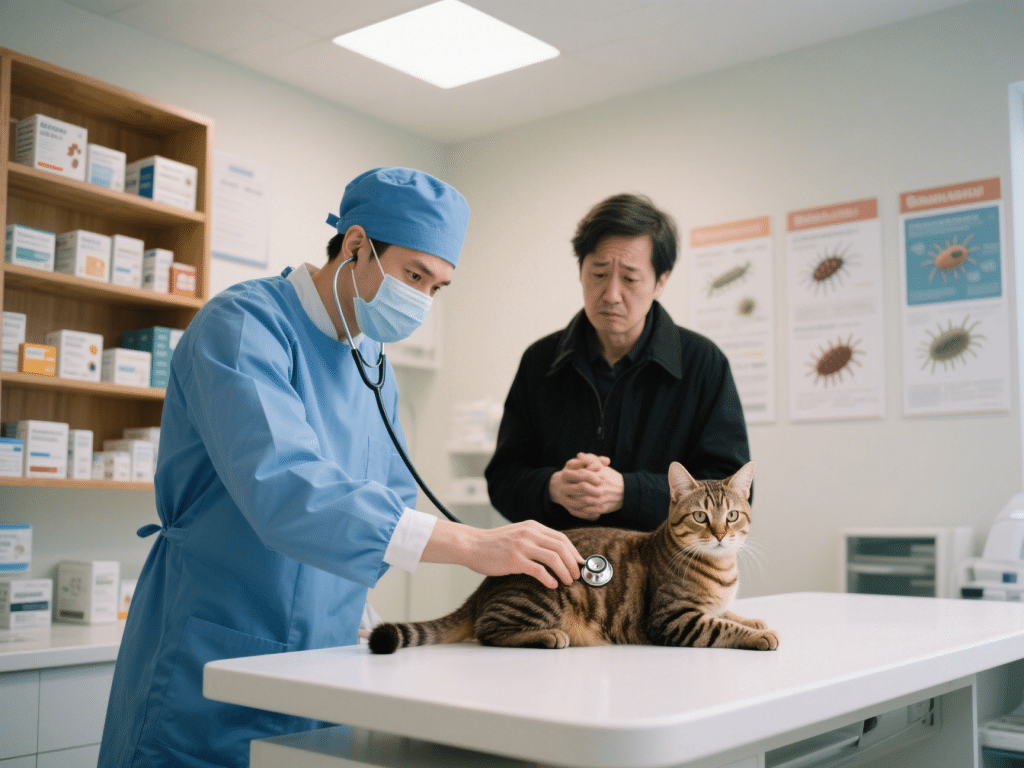
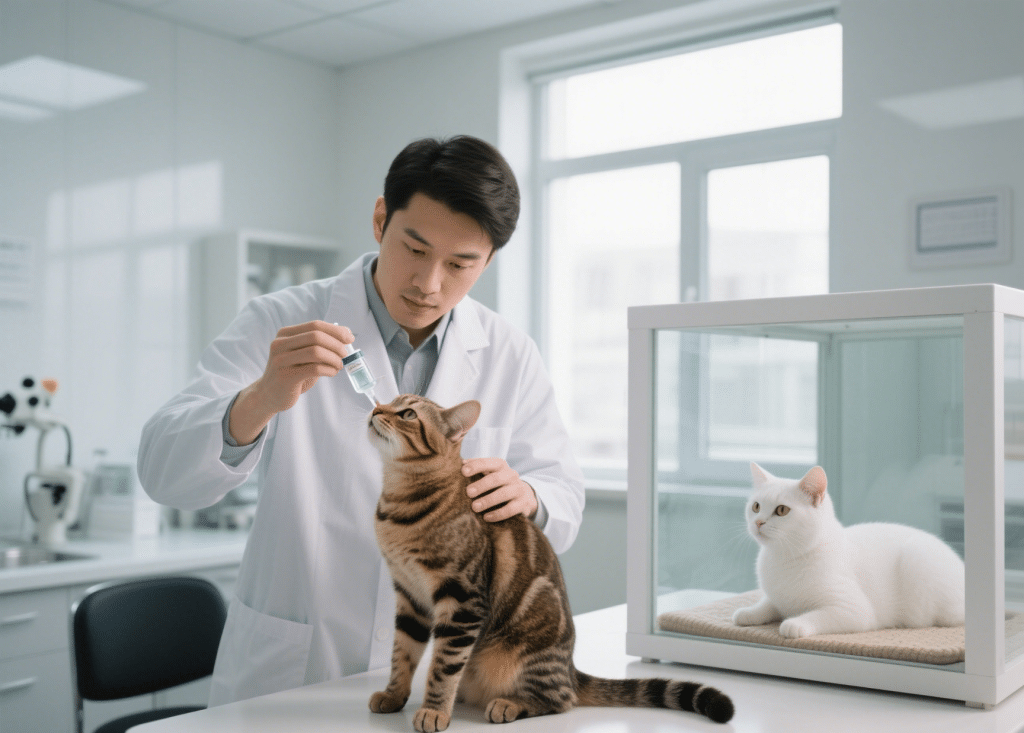
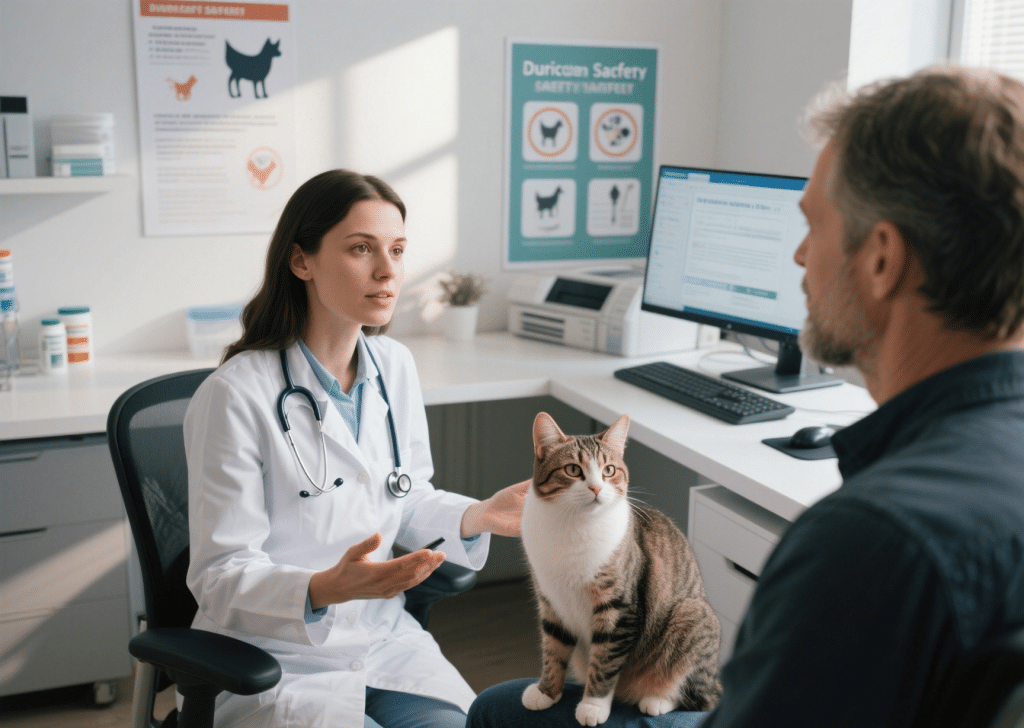
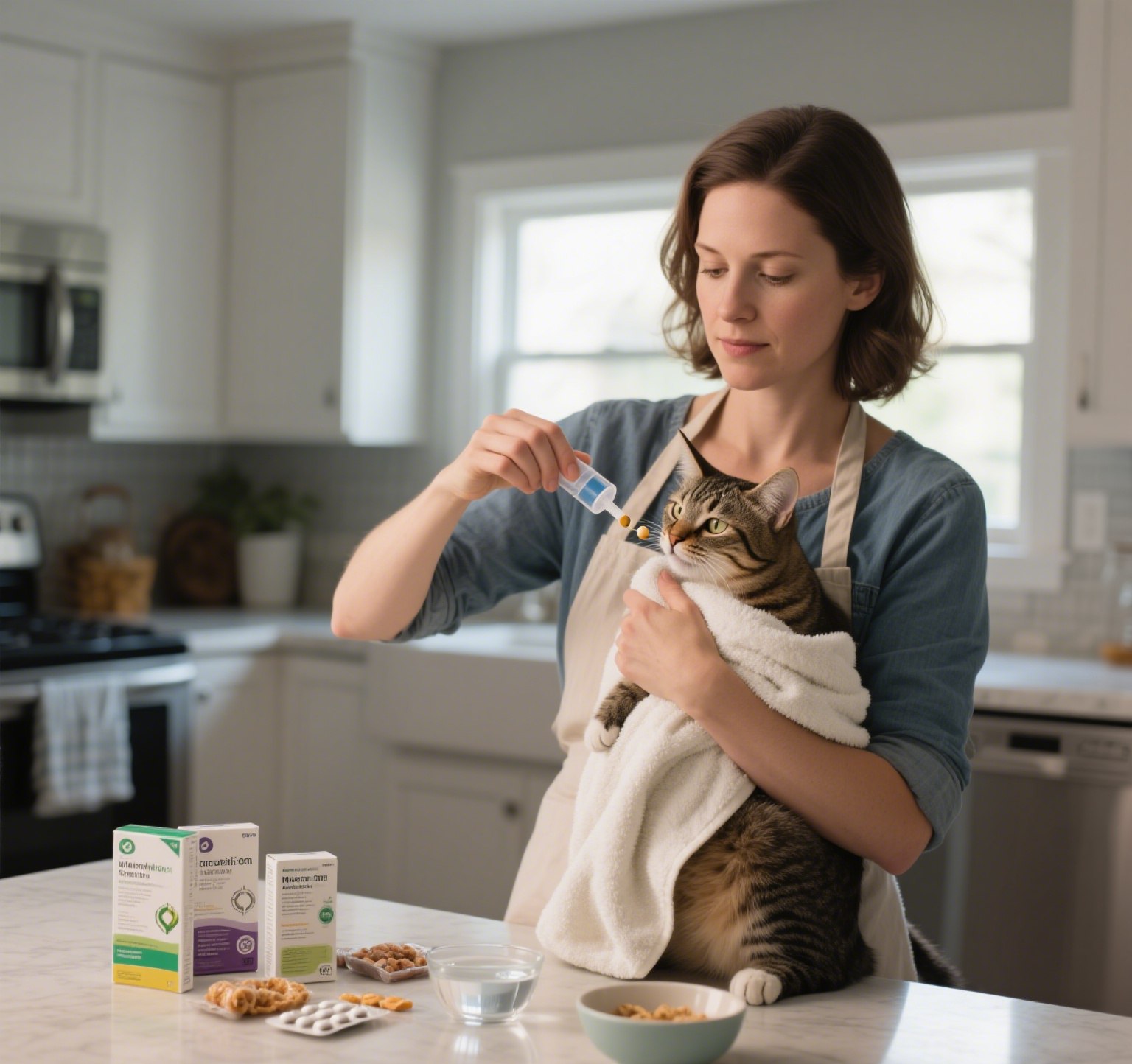
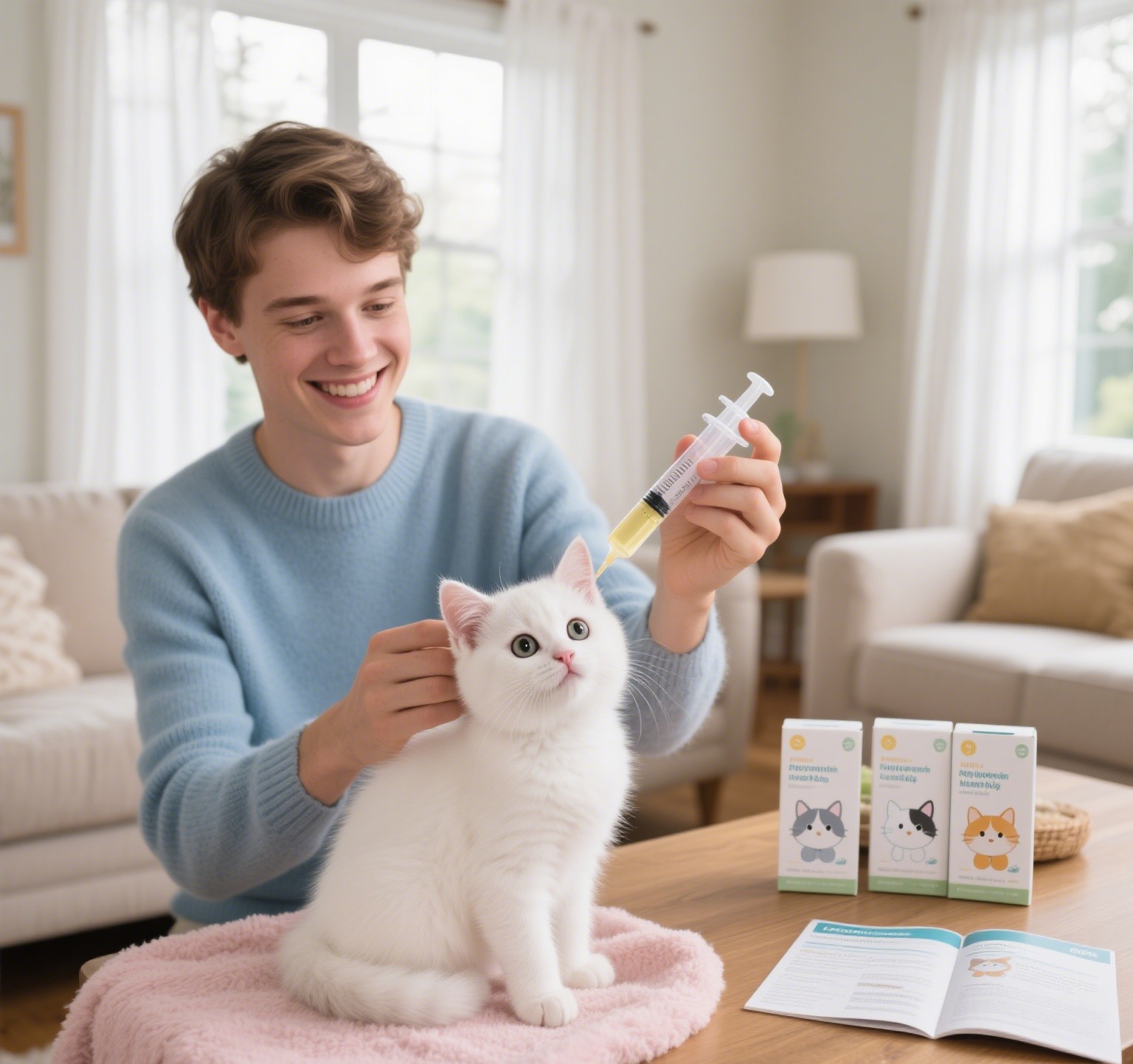
Comments on " Can a Cat Go Outside After Deworming? Recovery and Risk Guide" :